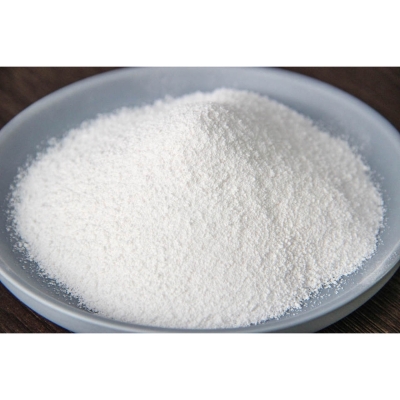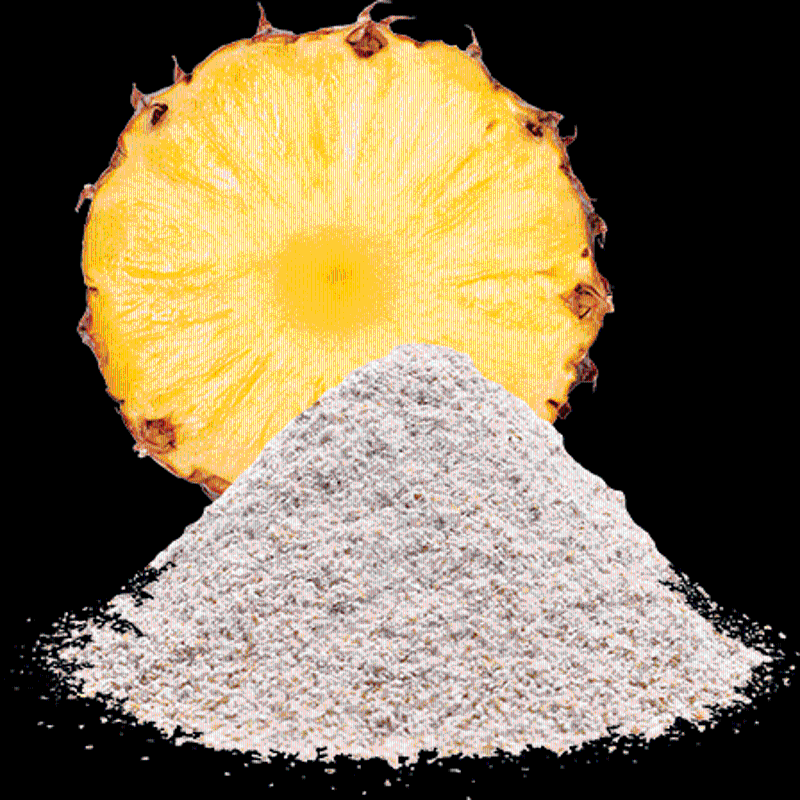-
Categories
-
Pharmaceutical Intermediates
-
Active Pharmaceutical Ingredients
-
Food Additives
- Industrial Coatings
- Agrochemicals
- Dyes and Pigments
- Surfactant
- Flavors and Fragrances
- Chemical Reagents
- Catalyst and Auxiliary
- Natural Products
- Inorganic Chemistry
-
Organic Chemistry
-
Biochemical Engineering
- Analytical Chemistry
-
Cosmetic Ingredient
- Water Treatment Chemical
-
Pharmaceutical Intermediates
Promotion
ECHEMI Mall
Wholesale
Weekly Price
Exhibition
News
-
Trade Service
The KRAS gene is involved in the pathogenesis of a variety of solid tumors, including colorectal cancer and non-small cell lung cancer.
The corresponding author of this article is Professor Xu Jianming, director of the Gastrointestinal Oncology Department of the Affiliated Hospital of the Military Medical Sciences Academy
The researchers compared PNA-PCR with direct sequencing on the Applied Biosystems 3100 genetic analyzer
Considering the results of tissue and plasma as a whole, wild-type genotypes in the two samples lead to a median overall survival of 5 months, while patients with inconsistent KRAS mutations in tissue and plasma samples detected by PNA-PCR, or two sample types In patients with mutations, the survival period is shortened
In addition, PNA-PCR detected KRAS gene changes in 41% of the combined samples, while sequencing only detected 30% of mutations, which led the authors to conclude that PNA-PCR is a more sensitive test
Researchers believe that KRAS mutation status is related to the prognosis of patients with metastatic colorectal cancer
PNA-PCR is a technique that uses peptide nucleic acids to clamp the amplification of wild-type sequences
Other researchers have also used this technology to detect KRAS mutations in non-small cell lung cancer and circulating cell-free DNA
Original Search
KRAS mutations in tumor tissue and plasma by different assays predict survival of patients with metastatic colorectal cancer







